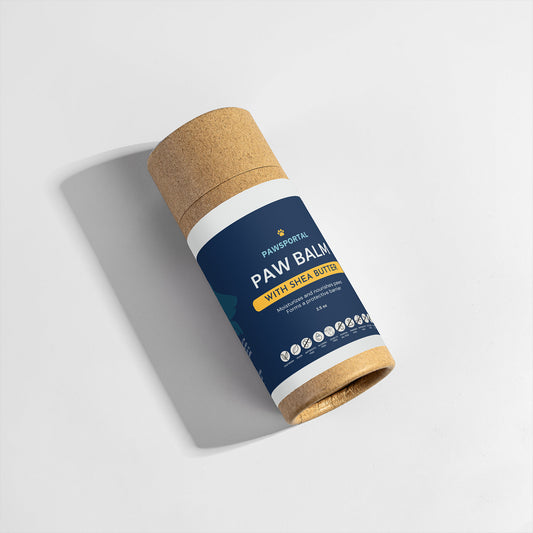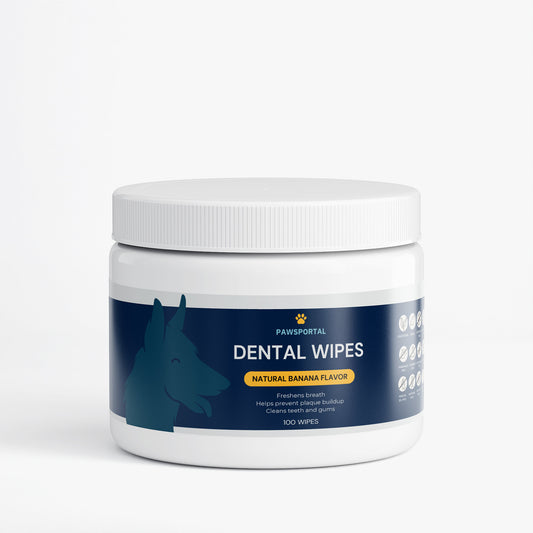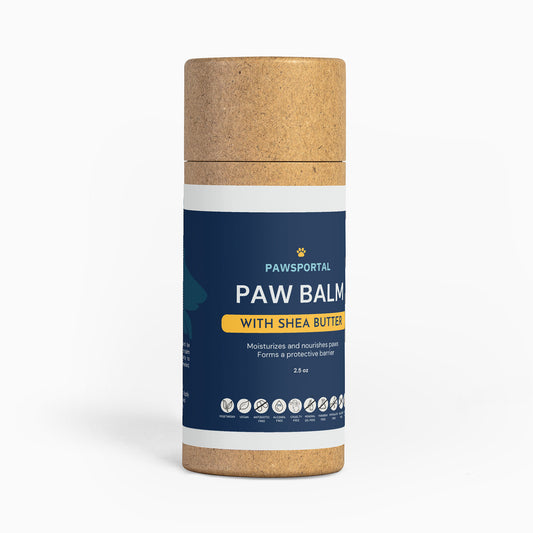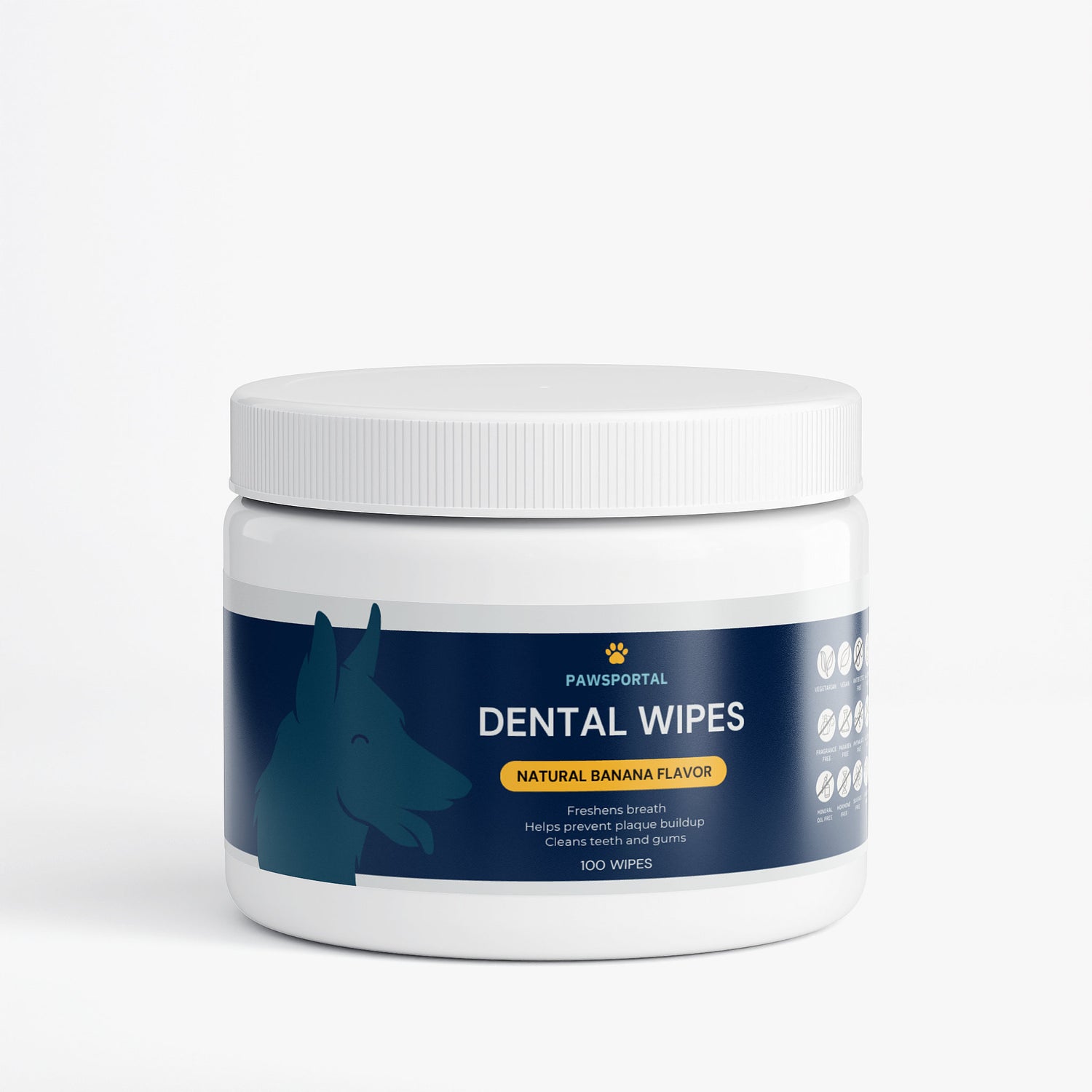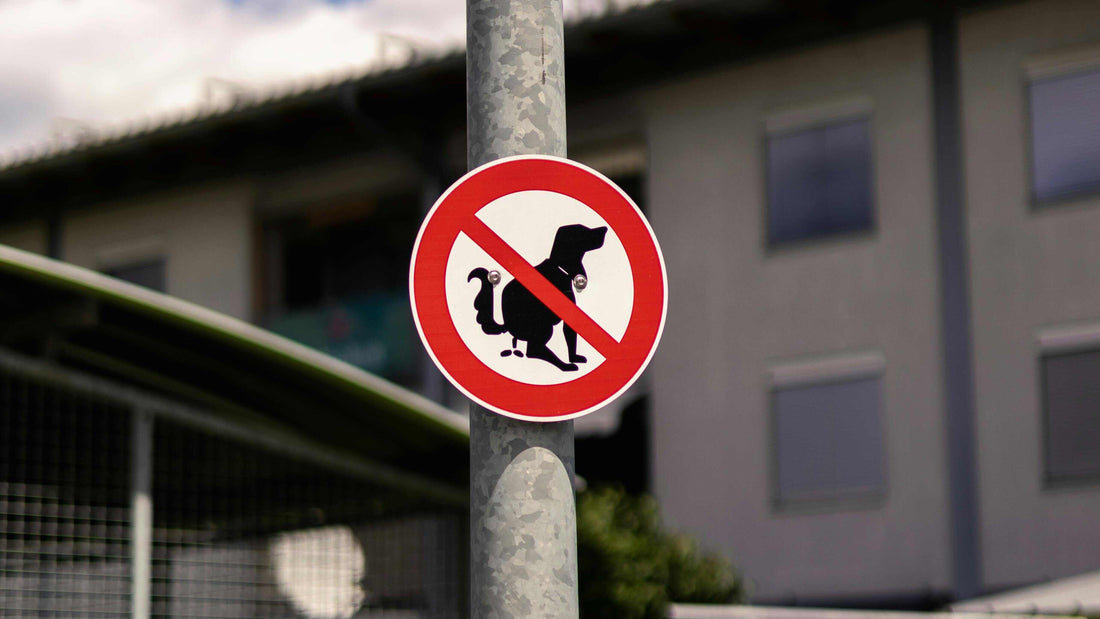
Understanding Abnormal Dog Stool: A Guide to Black Poop, Blood, and Mucus
Share
As a devoted dog mom, you know your pup’s poop offers vital clues about their health. While occasional changes in stool consistency or color are normal, persistent abnormalities like black stool, bloody feces, or mucus-coated poop demand attention. This guide decodes these symptoms, explains their causes, and provides actionable steps to safeguard your dog’s well-being—all while aligning with your values of proactive, science-backed care.
______________________________________________________________________________________________

Normal vs. Abnormal Dog Stool: What to Watch For
A healthy dog’s stool is firm, chocolate-brown, and free of foreign materials. Deviations in color, texture, or composition often signal underlying issues:
- Black, tarry stool (melena): Indicates digested blood, typically from the upper digestive tract.
- Bright red blood (hematochezia): Suggests bleeding in the lower intestines, colon, or rectum.
- Mucus: A jelly-like coating may point to colon inflammation or irritation.
Subtle changes can escalate quickly, so early detection is key. Let’s explore each symptom in depth.
______________________________________________________________________________________________
Black Dog Poop: Causes and When to Act
Common Causes of Melena
Black, sticky stool often stems from:
- Dietary factors: Charcoal treats, iron supplements, or blood-rich raw diets.
- Medications: NSAIDs (e.g., carprofen) or steroids that irritate the stomach lining.
- Internal bleeding: Ulcers, tumors, or trauma in the stomach or small intestines.
When to Worry
Seek immediate veterinary care if your dog’s black stool is accompanied by:
- Vomiting (especially with blood resembling coffee grounds)
- Lethargy or loss of appetite
- A history of ingesting toxins (e.g., rat poison)
Home Monitoring Tips
- Temporarily withhold suspect foods or supplements.
- Offer a bland diet (boiled chicken, rice) to soothe the gut.
______________________________________________________________________________________________
Blood in Dog Stool: Decoding Red Flags
Bright Red Blood (Hematochezia)
Fresh blood often links to:
- Parasites: Whipworms, hookworms, or giardia.
- Infections: Bacterial (salmonella) or viral (parvovirus in puppies).
- Dietary indiscretion: Stress colitis from scavenging or sudden food changes.
Dark, Tarry Blood (Melena)
As with black stool, melena suggests upper GI bleeding. Causes include:
- Ulcers: From chronic NSAID use or infections.
- Tumors: Cancerous growths in the stomach or intestines.
First Steps for Bloody Stool
- Collect a stool sample for parasite testing.
- Hydrate your dog with electrolyte solutions (e.g., unflavored Pedialyte).
- Avoid over-the-counter medications without vet guidance.
______________________________________________________________________________________________

Mucus in Dog Poop: From Normal to Concerning
When Mucus Is Benign
Small amounts of clear mucus lubricate the colon and aid digestion. Temporary spikes may follow:
- Diet changes: Transitioning foods too quickly.
- Mild stress: Boarding, travel, or routine disruptions.
When Mucus Signals Trouble
Excessive or recurrent mucus, especially with blood or diarrhea, often indicates:
- Inflammatory bowel disease (IBD): Chronic gut inflammation triggered by food allergies.
- Parasites: Worms or protozoa like giardia.
- Infections: Bacterial overgrowth (e.g., Clostridium).
Home Care for Mucus-Laden Stool
- Introduce probiotics to support gut flora.
- Feed a fiber-rich diet (pumpkin, sweet potato) to firm stools.
- Monitor for worsening symptoms like vomiting or appetite loss.
______________________________________________________________________________________________
Holistic Strategies for Gut Health
Dietary Adjustments
- Omega-3 fatty acids: Reduce inflammation (e.g., fish oil supplements).
- Limited-ingredient diets: Identify food allergies with novel proteins like venison or duck.
- Prebiotics and probiotics: Fortify gut microbiome balance.
Stress Management
- Use adaptogens (e.g., CBD oil) during high-anxiety events.
- Maintain consistent routines for feeding and exercise.
Preventive Care
- Regular deworming: Protect against parasites.
- Annual fecal exams: Detect hidden infections early.
______________________________________________________________________________________________

When to Consult Your Veterinarian
While mild cases may resolve with home care, seek professional help if your dog shows:
- Persistent symptoms: Blood/mucus lasting >48 hours.
- Systemic illness: Fever, lethargy, or rapid weight loss.
- Suspected toxins: Rodenticide ingestion or foreign objects.
Diagnostic Tools Your Vet May Use
- Fecal floatation: Identifies parasites.
- Bloodwork: Checks for anemia or infection.
- Imaging: X-rays or ultrasounds to detect obstructions/tumors.
______________________________________________________________________________________________
Why Modern Dog Moms Prioritize Gut Health
As a proactive pet parent, you understand that a healthy gut is the cornerstone of your dog’s overall wellness. By addressing symptoms like black stool, blood, or mucus early, you’re not just alleviating discomfort—you’re preventing chronic conditions and strengthening your bond through attentive care.
______________________________________________________________________________________________
Final Thoughts
Your dog’s stool is a window into their health. By recognizing abnormalities like black poop, bloody feces, or mucus-coated stools, you’re empowered to act swiftly and compassionately. Always pair home remedies with veterinary guidance, and remember: your vigilance is the greatest gift you can give your furry family member.
By staying informed and proactive, you’re ensuring your dog lives their happiest, healthiest life—one well-formed poop at a time.
______________________________________________________________________________________________
RELATED ARTICLES
- https://www.greatpetcare.com/dog-health/black-dog-poop/
- https://www.ellevetsciences.com/pet-care/black-dog-poop-what-your-dogs-dark-stool-means/
- https://www.orlandovets.com/blog/blood-in-dog-stool/
- https://www.greensboroncvet.com/site/friendly-animal-clinic-blog/2023/06/30/blood-dogs-stool
- https://www.newhopeanimalhospital.com/site/blog/2023/01/30/blood-dogs-stool
- https://www.vets-now.com/pet-care-advice/mucus-in-dog-poop/
- https://www.dogster.com/ask-the-vet/mucus-in-dog-poop
- https://www.pumpkin.care/blog/mucus-in-dog-poop/
- https://www.petmd.com/dog/symptoms/dog-pooping-blood
- https://www.petmd.com/dog/symptoms/bloody-diarrhea-in-dogs
- https://www.metlifepetinsurance.com/blog/pet-health/mucus-in-dog-poop/
- https://colaskitchen.com/blog-posts/mucus-in-dog-poop
- https://wagwalking.com/condition/mucus-in-the-stool


